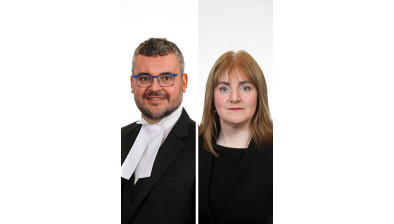Adult safeguarding hampered by ‘rigid and overly cautious interpretation’ of GDPR

Colette Kelleher
Adult safeguarding efforts are being hampered by “rigid and overly cautious interpretations” of GDPR rules, Senator Colette Kelleher has said.
Ms Kelleher made the remarks at the launch of a new research report examining Ireland’s current adult safeguarding practices and the need for change.
The report was launched at a seminar on adult safeguarding which also heard from Health Minister Simon Harris; Ms Justice Mary Laffoy, president of the Law Reform Commission; David Murphy, assistant data protection commissioner; and Sandra Tuohy, head of operations for services for older people at the HSE.
Researchers Dr Sarah Donnelly and Dr Marita O’Brien based the report, commissioned by Ms Kelleher, on a survey and in-depth interviews with social workers and advocates involved in adult safeguarding processes.
Speaking at the launch, Ms Kelleher said the research “shows very clearly that the way GDPR is being interpreted by agencies involved in adult safeguarding often lacks basic common sense”.
She explained: “For example, a person may be supported by the Mental Health Service, but the Service cannot share information on the person’s diagnosis, making it extremely difficult for social workers to carry out assessments.
“Agencies or service providers can only use the initials of persons’ names when reporting safeguarding incidents, which poses significant barriers to pattern-forming assessments, where there may be ongoing concerns or multiple incidents relating to one person.”
These “rigid and overly cautious interpretations of GDPR are hampering effective information-sharing by the diverse agencies and individuals involved in adult safeguarding, to the detriment of people at risk”, she added.
Ms Kelleher has called on the Data Protection Commission to clarify best practice in relation to information-sharing and GDPR.
The independent senator has also proposed the establishment of an independent National Adult Safeguarding Authority, to be tasked with ensuring safeguarding referrals are properly investigated.








